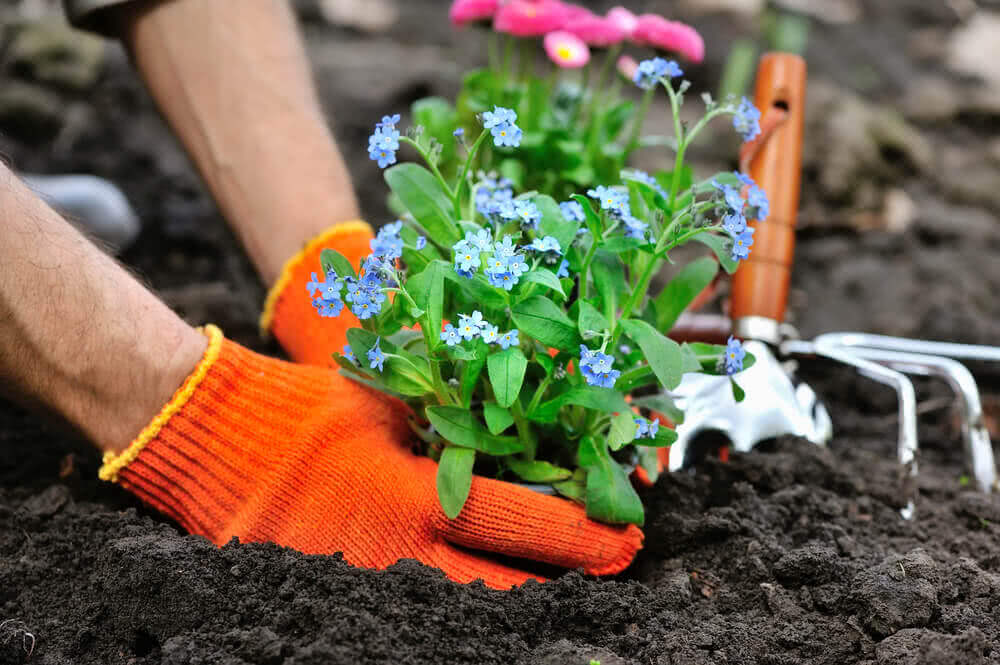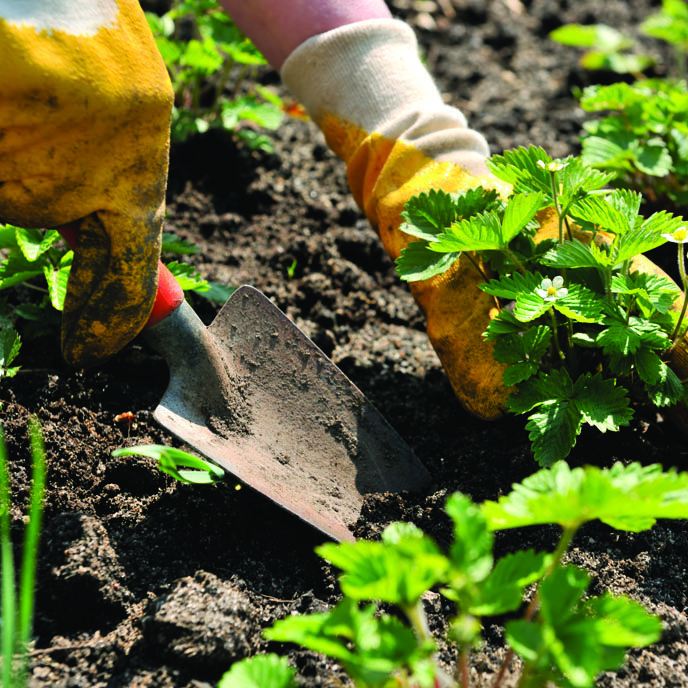Recognizing the Different Sorts Of Gardening and Just How They Contribute to a Much Healthier Lifestyle and Atmosphere
:max_bytes(150000):strip_icc()/close-up-of-a-women-watering-vegetables-in-a-raised-bed-1407277094-c63fd1ff0a21406ebf17c51ac6c6f2d1.jpg)
Benefits of Veggie Gardening
Lots of individuals are progressively identifying the myriad advantages of veggie gardening as a vital part of a healthier way of living. Involving in veggie horticulture supplies numerous physical health benefits, consisting of boosted physical task, which enhances cardiovascular health and promotes overall physical fitness. The act of planting, weeding, and harvesting needs motion and can assist combat inactive habits, contributing to weight administration and enhanced muscle mass tone.
Additionally, growing one's very own vegetables considerably boosts dietary high quality. Homemade fruit and vegetables is commonly fresher and much more nutrient-dense contrasted to store-bought options, as it can be eaten quickly after harvest. This ease of access urges a higher intake of vegetables and fruits, which are important for protecting against chronic conditions.
Furthermore, vegetable gardening promotes mental well-being by giving a healing electrical outlet for stress and anxiety alleviation and relaxation. The act of tending to plants can be introspective, permitting individuals to get in touch with nature and escape the stress of every day life. The sustainable technique of growing one's very own food minimizes reliance on business agriculture, adding to environmental conservation and advertising biodiversity. Collectively, these advantages highlight the significance of veggie gardening as a keystone of a much healthier lifestyle.
Exploring Flower Gardening

Along with aesthetic advantages, blossom gardening supports local communities. Several blooming plants attract pollinators, such as and butterflies, which are critical for maintaining biodiversity. The existence of diverse plants can likewise boost dirt health, as different plants add to nutrition biking and boost dirt structure.
Additionally, blossoms can play a significant function in advertising sustainable methods. Several gardeners choose for indigenous or drought-resistant species, which need much less water and marginal chemical inputs. This strategy not just profits the setting but also urges liable horticulture behaviors.
Inevitably, blossom horticulture offers as an important element of an alternative gardening method. Gardening. By cultivating charm and sustaining neighborhood ecosystems, it harmonizes with vegetable horticulture and emphasizes the importance of nurturing both our physical and mental well-being via nature
Container Horticulture Advantages
Container gardening offers numerous benefits that make it an appealing option for both novice and experienced gardeners. Among the key benefits is its versatility; containers can be put on patios, balconies, and even inside your home, enabling gardening precede with restricted ground access. This flexibility enables individuals in urban settings or those with small lawns to cultivate plants successfully.
Additionally, container horticulture supplies improved control over soil quality and dampness levels. Gardeners can pick certain soil blends to maximize plant health and wellness and minimize problems like weeds and insects. The movement of containers additionally enables for very easy relocation to take full advantage of sunlight direct exposure or safeguard plants from stormy climate.
Additionally, container gardens can be cosmetically pleasing, offering a chance for creativity in layout. Gardening. They can act as attractive aspects that enhance outside or interior spaces while advertising biodiversity by attracting pollinators
Finally, container horticulture can contribute to a much healthier lifestyle by motivating exercise, as it commonly involves lifting, growing, and maintaining plants. On the whole, important link the advantages of container gardening make it an accessible and gratifying technique for those seeking to enhance their lifestyle and atmosphere.
The Increase of Upright Horticulture
As metropolitan spaces end up being progressively crowded, the fad of upright gardening has taken off, enabling people to maximize their gardening capacity in limited areas. This cutting-edge strategy includes growing plants in vertical frameworks, such as wall-mounted planters, trellises, or specialized upright yard systems. The appeal of upright gardening exists not just in its effective use of room but likewise in its visual contribution to urban settings, changing bare wall surfaces right into rich environment-friendly landscapes.
Vertical gardens can be installed in homes, balconies, and neighborhood spaces, providing a system for check out this site growing a variety of plants, consisting of natural herbs, vegetables, and decorative flowers. This approach urges biodiversity and can improve air top quality by filtering pollutants while advertising a connection to nature in largely populated areas. Additionally, upright gardening supplies useful benefits, such as enhanced return per square foot, making it an eye-catching alternative for urban gardeners looking for to grow their own food.

Sustainable Practices in Gardening
Embracing lasting practices in gardening is crucial for advertising ecological health and making certain the feasibility of our natural deposits. Sustainable gardening techniques concentrate on reducing ecological effect, saving water, and fostering biodiversity. By implementing practices such as natural gardening, garden enthusiasts can decrease the usage of artificial fertilizers and chemicals, which can damage neighborhood ecosystems.
Friend growing is an additional efficient lasting method, where specific plants are expanded together to improve growth and discourage parasites naturally. In addition, utilizing indigenous plants in landscape design supports neighborhood wildlife and requires less maintenance, as they are inherently adjusted to the regional climate and dirt conditions.
Water conservation strategies, such as rainwater harvesting and drip watering, assistance to effectively take care of water sources, thus reducing waste. In addition, composting natural waste not just enhances the dirt but likewise lowers landfill payments, promoting a round economic climate.
Lastly, exercising crop rotation and cover cropping improves soil health and minimizes the threat of parasite problems. By integrating these sustainable practices, gardeners can create durable communities that contribute to a healthier way of life while guarding the environment for future generations.
Final Thought

To conclude, the diverse techniques of horticulture, including vegetable, blossom, container, and Check This Out upright horticulture, collectively promote a much healthier lifestyle and improve ecological sustainability. Each type offers unique advantages, from offering fresh fruit and vegetables and drawing in pollinators to optimizing minimal rooms and motivating biodiversity. By fostering lasting techniques, these horticulture approaches not just contribute to specific well-being however also support broader ecological conservation initiatives, ultimately minimizing reliance on commercial agriculture and boosting neighborhood durability.